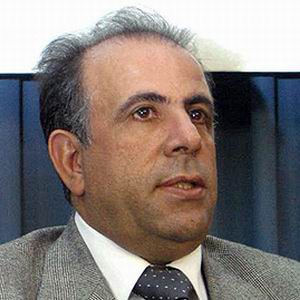No Force Majeure Event

YM: Well it depends on the content of the contract. The question is: did Russians have the right to revoke the contract? The details of such deals are usually kept confidential, and I can’t really venture a guess about any possible mechanisms embedded in the contract.
IRD: According to Iranian officials, Russia did not have this right. If we hold this as true, then how can Iran sue Russia? Which legal body is the source of arbitration?
YM: The point is that Moscow’s interpretation of the contract maybe different. All legal-political texts are open to interpretation, and the Russians may have thought of loopholes in the contract. About the arbiter, the International Court of Justice in Hague (ICJ) is designated with resolving the interstate problems that fit within international conventions. However, the commercial-military nature of the S300 contract makes it dubious as to whether the ICJ can judge the case.
IRD: Can Russia refrain from selling the S300 antimissile defense system to Iran by reference to UN Security Council Resolutions?
YM: UNSC resolutions are technically complicated, and every country finds a way to interpret them in its own preferred way. The Russians have referred to Resolution 1929, and declared force majeure to revoke the contract.
IRD: Does Resolution 1929 fall under the terms of force majeure?
YM: Force majeure is a common clause in contracts that refers to any unexpected event beyond the control of the parties involved that prevents the fulfillment of a promise. Events like war, earthquakes, etc. have been considered as typical instances that bring forward this situation. So far, no UNSC resolution has been considered as a case of force majeure.
IRD: So can the Russians refer to Resolution 1929 and regard it as a case of force majeure?
YM: Clearly, the Russians had control over the situation since they could veto the resolution. If Moscow claims sanctions as the reason to revoke the contract, even if we regard the sanctions as a case of force majeure, as I said, Russians could have precluded the circumstances from developing in this way.
* Yousef Moulayi is professor of international law in Tehran University.

